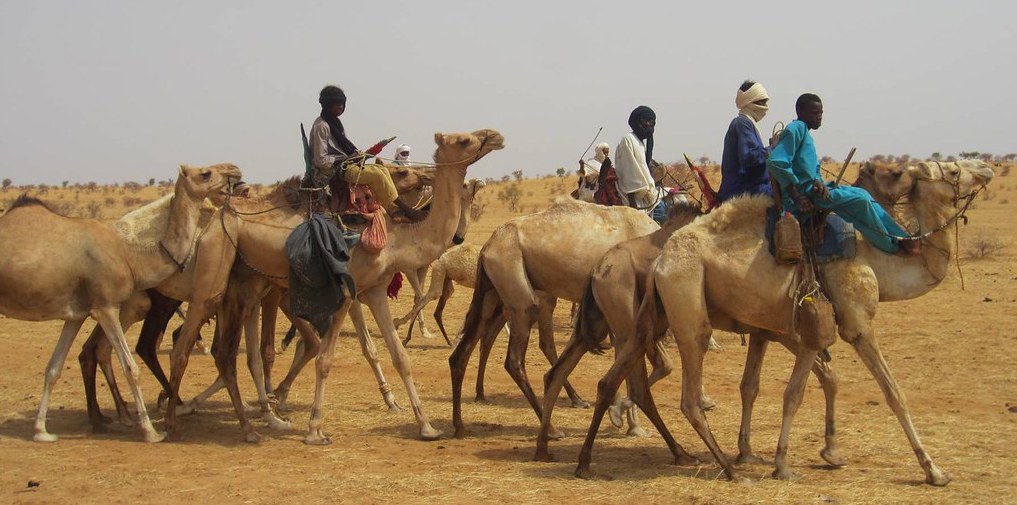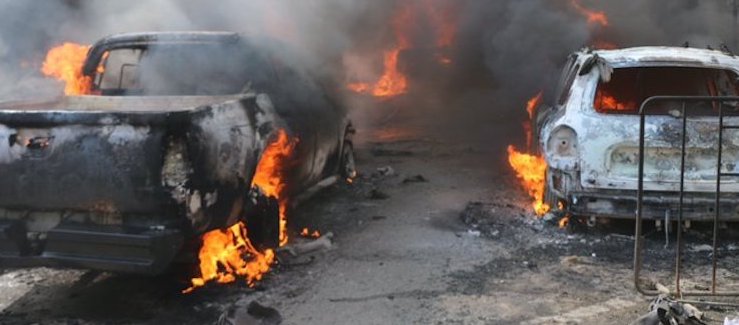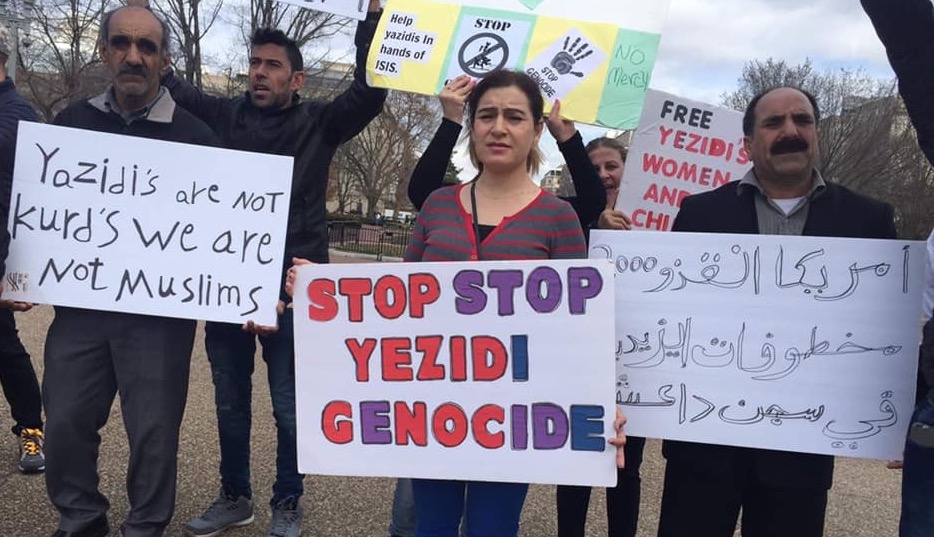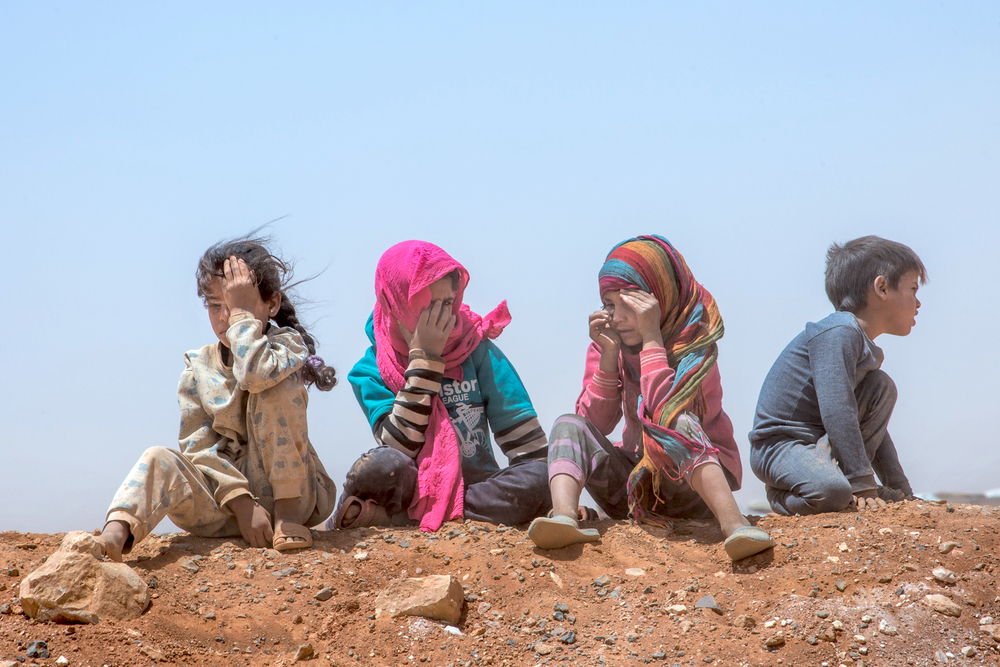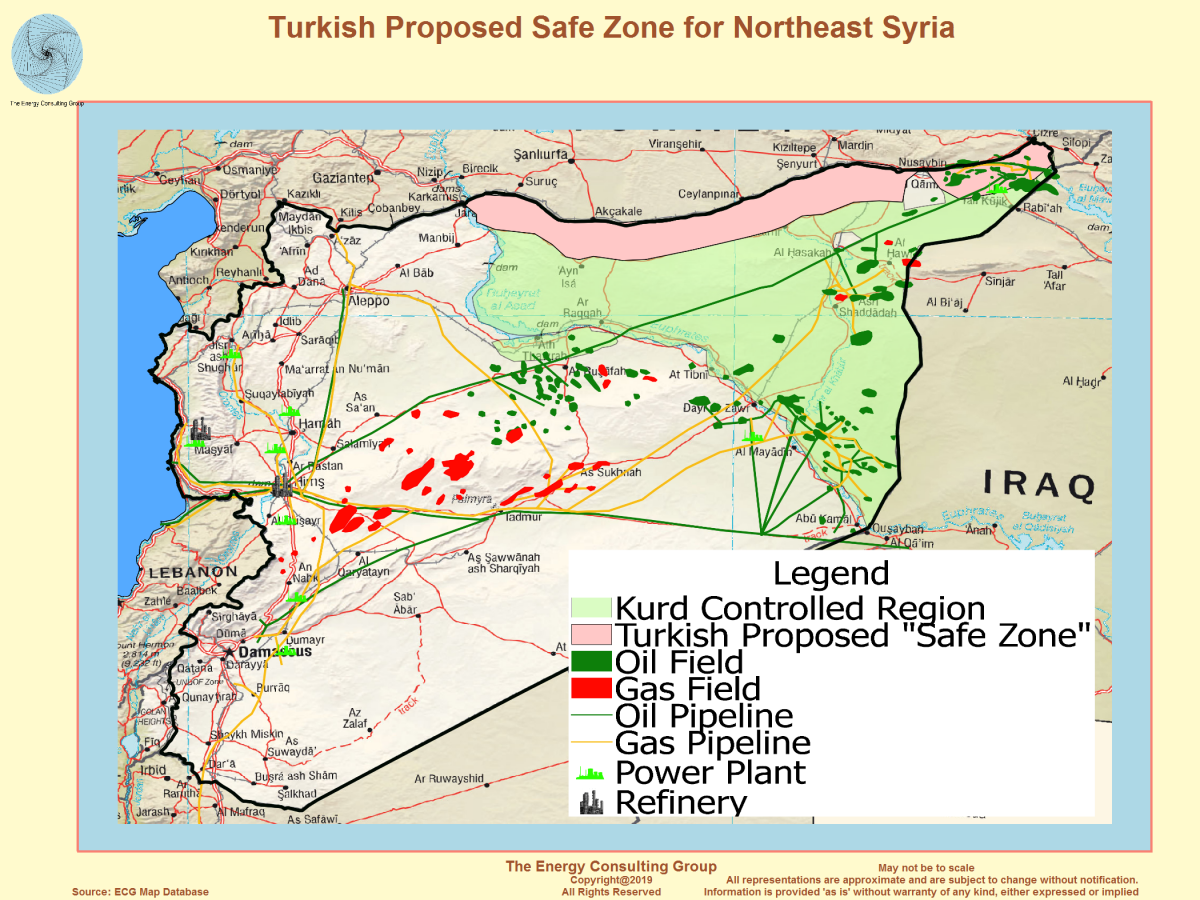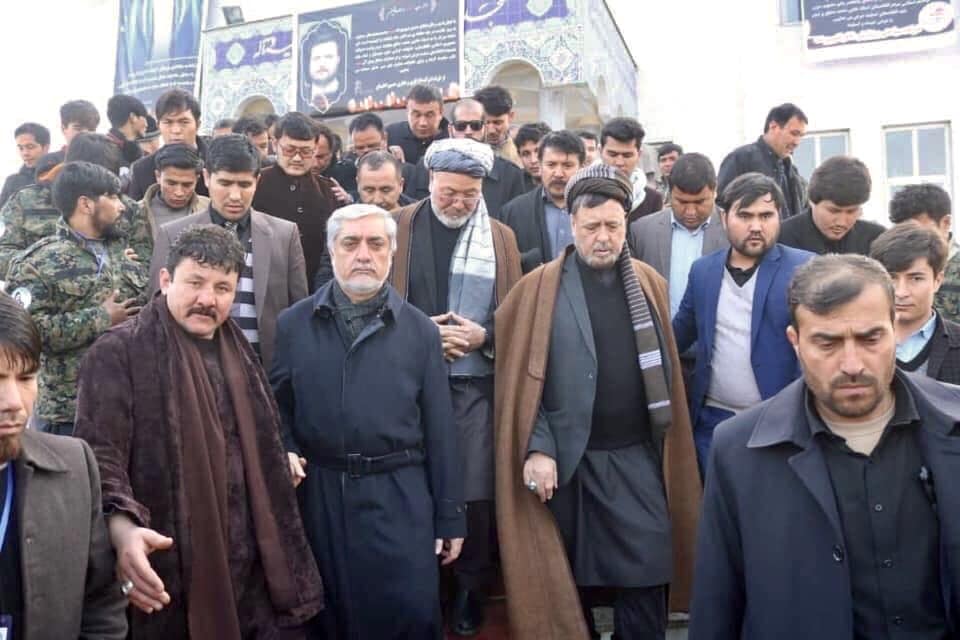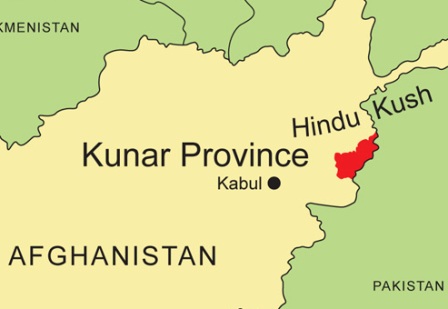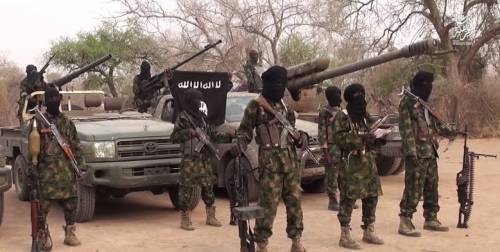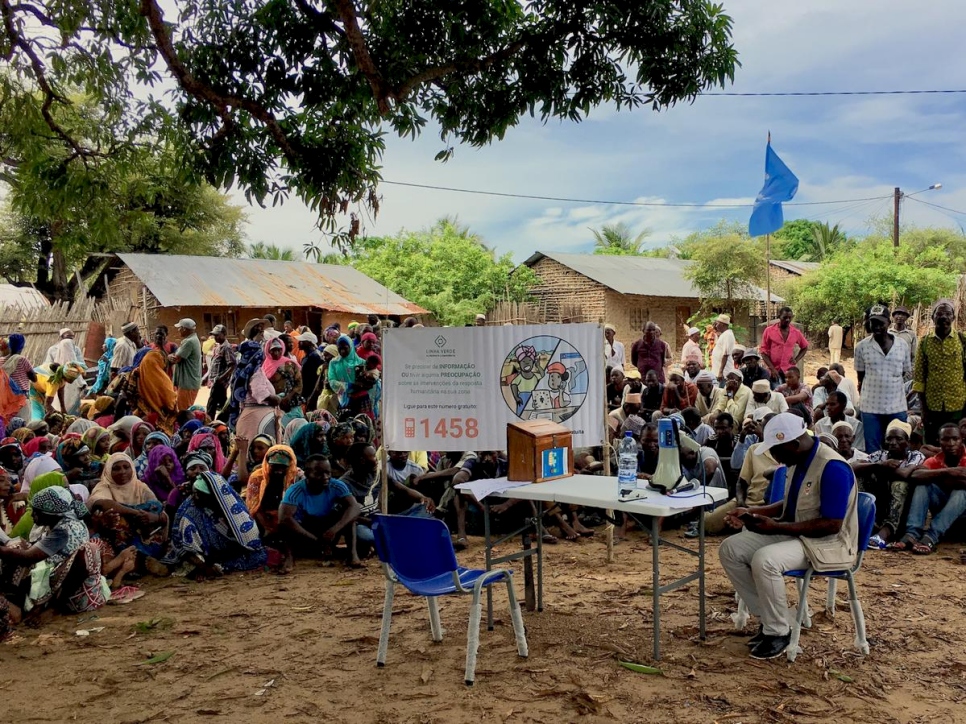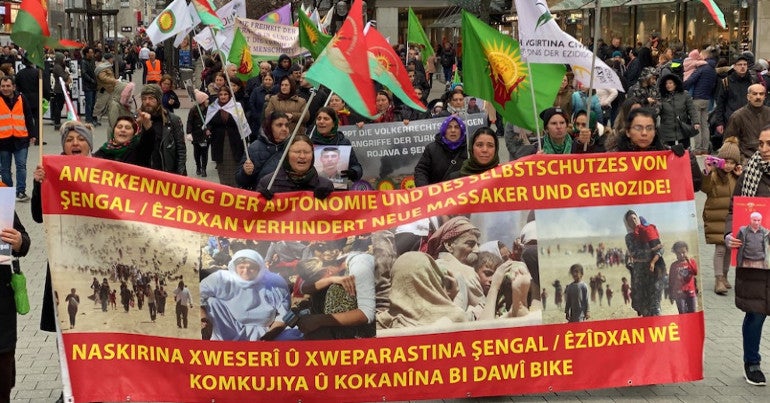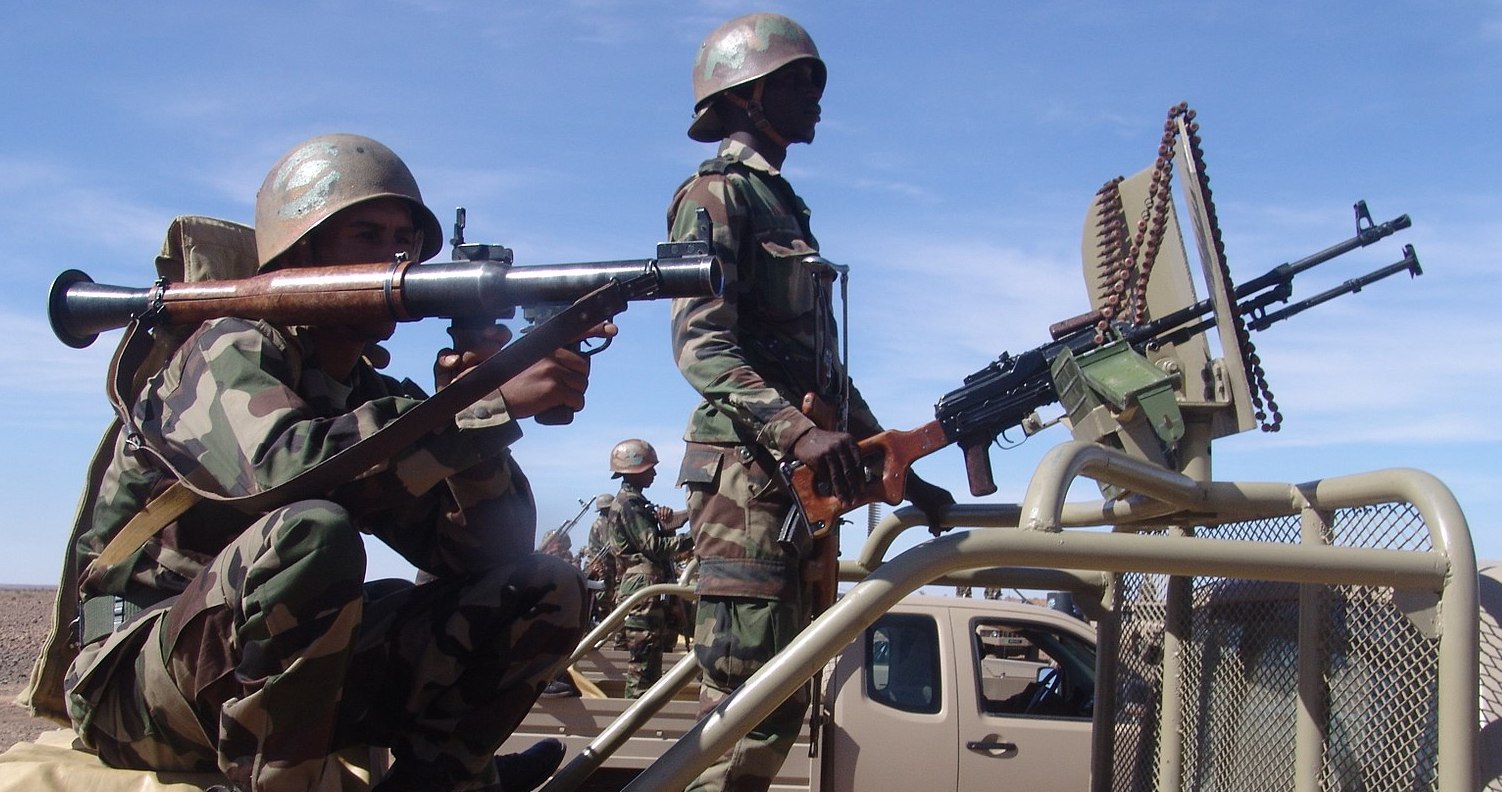
Sahel security forces accused of war crimes
Soldiers rampaging through villages in Mali, Niger and Burkina Faso have unlawfully killed or forcibly disappeared at least 199 people between February and April 2020, Amnesty International said in a new briefing. Some of the killings amount to extrajudicial executions and among the victims are internally displaced persons. The deliberate killings of unarmed civilians by security forces could meet the qualification of war crimes. (Photo: Magharebia via Wikimedia Commons)



